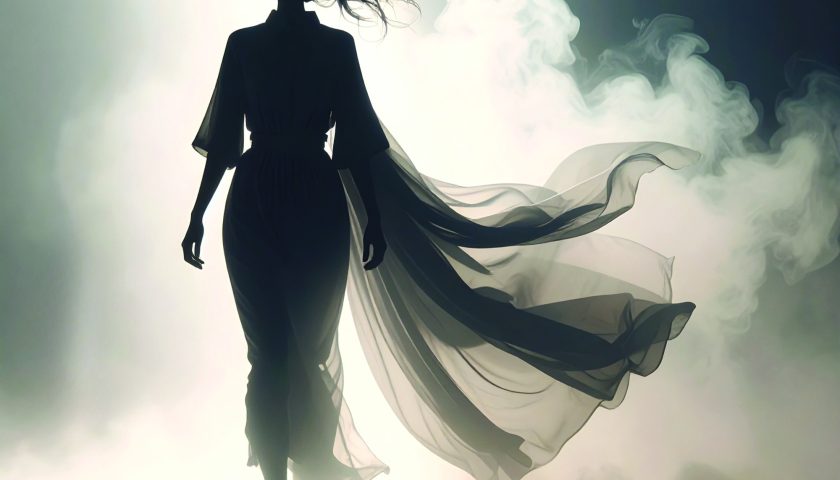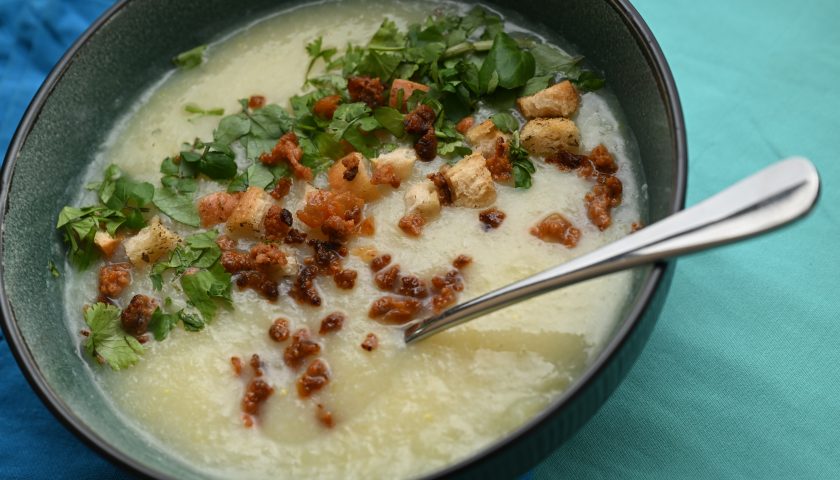Israel in Context
A narrative of sorrow and strength
By: Bev Goldman
I have a close friend of many years who made aliyah some decades ago. We have been in contact over the years, but especially since 7 October, and I have taken much of what she has shared with me and written it as a woman’s narrative, a narrative of terror, loss, grief, mourning, acceptance, resilience, and hope for the future. That, in fact, perfectly encapsulates the accounts of so many brave and invincible Israeli women who are dealing with lives upended and confused, but who still believe in and cherish a positive future.
I have quoted directly some of her words, while others I have paraphrased so the whole reads like a story. She’s quiet and reserved, which for me makes her observations and reflections even more poignant. And because she isn’t happy with being the focal point of the article, I will call her Hannah. As a woman living through these tumultuous and terrifying times, she described her experiences as “reflecting a tapestry of pain, resilience, and an enduring sense of gratitude for life”, with her story and those of her friends and family telling of “profound loss, unwavering strength, and a collective yearning for peace”.
Recalling the morning of 7 October, it was Shabbat and Shemini Atzeret when she heard the dreaded sirens signalling an attack. In an instant, she said, her world shifted from typical to turmoil, forcing her and her family to find shelter as soon as possible. Like all her neighbours, her first thought was to protect her children while “grappling with the fear and uncertainty that overwhelmed all other thoughts”. As the day went on, she learned of the reality of the attacks, of the stories of devastation, the attack on the Nova musical festival where 260 young beautiful lives were lost to monsters celebrating senseless violence and taking lives with the glee and expectation of killing as many young – and then older – Israelis as they could. She was shattered, horrified, distraught, yet “in our grief we still concentrated first on protecting our families and our country – we knew we could not give in to our sorrow but had to show strength and perseverance – something I have learned and drawn upon time and again since I made aliyah”.
“In the bleak darkness of a tragedy and of trauma so atrocious, so horrendous, so heinous.”
And she did, with courage and unwavering determination. She was one of the fortunate ones, as all the members of her family were safe and spared of the pain and the tragedies; but that, she said, strengthened her determination to help where and when possible, to give shelter and succour to friends and neighbours, to make sure no one was left alone “in the bleak darkness of a tragedy and of trauma so atrocious, so horrendous, so heinous, that it assailed every fibre of my being and pushed me to my limits of being active and present and involved all the time”.
The emotional toll on her and her Israeli sisters was, however, undeniable and incontrovertible. A survey conducted by the Briah Foundation, which aims to “take action by changing policy and promoting grass-roots activism so as to reach a better health care system for women”, revealed that 68% of Israeli women reported a decline in their mental health, with many experiencing new or exacerbated medical issues, including increased use of sleep aids, antidepressants, and sedatives. “Despite these challenges, women continued to shoulder the responsibilities of family and community, often at the expense of their own well-being.” Hannah refused to let any health problems she may have had prevent her from continuing her involvement in her community. Like countless other Israeli women, she remained the strength in her family. She was and is so grateful for having been spared the disasters so many others suffered; and she gives so much of herself when she can.
Hannah is not a saint. She’s a wife, a mother, a friend who is always there, who puts on a brave face, who comforts and gives solace and promises that the future will be better, much better; but she also has her moments of despair, her moments of memory of life before aliyah, before 2006, before the explosion of international anti-Semitism which terrifies her especially for her children who like most young Israelis will be travelling the world as soon as they are able. She is an example of so many Israeli mothers who are navigating an unknown future for themselves and their families but who “express thankfulness for our survival, for the safety of our children, and for the support of our communities. We face a complex tapestry of emotions; our resilience is a dual one, pain intertwined with gratitude, and is now a defining characteristic of those of us who mourn our losses, support our families, and continue to contribute to our communities, embodying true resilience.”
What now of the future of Israel for Israeli women? Embroiled in at-times insurmountable political issues, dealing with trauma and fear and anxiety, the faces of Israeli women nonetheless remain a powerful symbol of resilience and hope. Their stories are not just of survival but of a collective yearning for peace and understanding. They call for an end to the violence, for recognition of all suffering, and for a future where their children can live without fear. They continue to be pillars of strength in their families and communities. They carry the weight of trauma while fiercely protecting the innocence of their children, “striving to create pockets of normalcy in a fractured reality”. They grieve for what has been lost, but at the same time they hold fast to their dreams and vision of what can still be.
“We owe our children a life that isn’t built on fear.”
Their voices have too often been marginalised, in times of peace, of economic growth, of war. Today, they are using their voices to demand peace, justice, and a future where fear no longer defines daily life. Across the spectrum, they share a deep-rooted commitment to ensuring that the next generation inherits a country that values life, justice, and possibility, despite the scars of war. For many, the dream of peace is no longer optional; it’s urgent and personal. Women activists argue that “real security must include dialogue, empathy, and coexistence, not just military strength … We owe our children a life that isn’t built on fear.” And they speak out loudly and bravely against the political decisions they feel are wrong, destructive, detrimental to themselves and their country, and above all unfeeling [Hannah’s word].
These are Israeli women, and my friend Hannah, a strong and resilient yet reserved woman, is an example of so many of them, those determined to continue living in their chosen homeland despite being surrounded by enemies dedicated to their extinction, supporting it and its citizens, actively working to improve, to enhance, to better, and to uplift their communities for a future of peace and harmony.
These are Israeli women.
But what of Israeli teenagers, vulnerable and questioning, wanting to explore their world and the wider worlds outside, but fearful, apprehensive, and insecure despite the strong family ties and protection which today are more vital for them than ever before? How do they see the future of their country and their futures inside or outside of Israel?
Today, their perspectives on the future of their country reflect a blend of apprehension, resilience, and a desire for change. A 2023 study, done before 7 October, found that 54% of Israeli youths would consider emigrating if they had the opportunity, often citing deteriorating domestic conditions and a lack of personal security. Additionally, 42% felt they were part of an “unlucky generation”, believing their future prospects were less promising than those of their parents. And this is encouraging many of them to engage actively in social and political discourse, with some taking bold stands and refusing mandatory military service in protest against the government’s policies, highlighting a growing trend of youth activism and a desire for societal change. There seem not be any similar studies having been done since 7 October 2023; but with politics being ever more the current over-riding focus in Israel, it is not therefore unusual to see how many more teenagers are now deeply invested in the future of their country. While they face significant challenges, their concerns and actions “indicate a generation eager to shape a more democratic, secure, and equitable Israel”.
“The road is long, with many a winding turn that leads us to who knows where? Who knows where? But we’re strong…”





